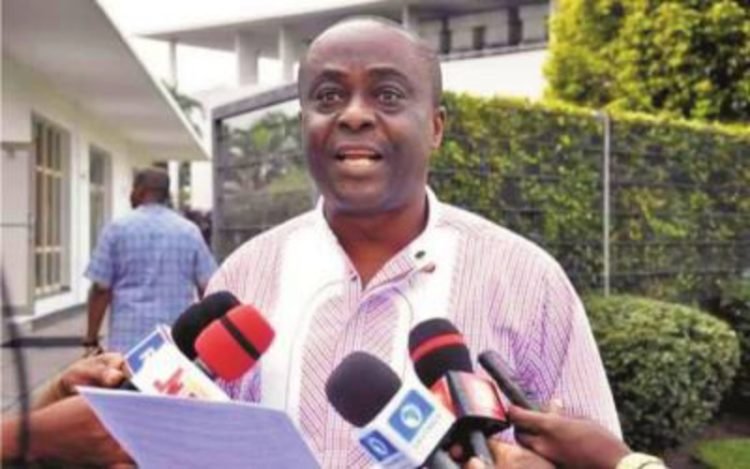Former federal lawmaker from Rivers State, Hon. Farah Dagogo, has strongly criticized President Bola Ahmed Tinubu’s declaration of a state of emergency in the state, calling it a violation of the 1999 Constitution. Dagogo described the suspension of the Governor, Deputy Governor, and State House of Assembly as an unlawful act that undermines democratic principles and the rule of law.
Dagogo argued that under the 1999 Constitution, the only legal method for removing a governor or deputy governor is through impeachment by the State House of Assembly, as stipulated in Section 188. He pointed out that the President lacks the authority to suspend elected officials. Furthermore, Section 11(4) and (5) states that while the National Assembly can assume legislative functions if a state assembly is unable to operate, it does not grant the power to suspend lawmakers.
The appointment of Vice Admiral Ibokette Ibas (Rtd) as Rivers State Administrator has also drawn criticism. Dagogo emphasized that the 1999 Constitution only recognizes an elected governor and deputy governor as legitimate state leaders. He described the imposition of an unelected official as unconstitutional and reminiscent of military rule.
For the state of emergency to be valid, it must receive National Assembly approval within 10 days, as required by Section 305(6). If the Assembly rejects or fails to approve it, the proclamation becomes void. Legal experts suggest that affected officials could challenge the suspension in court, citing previous Supreme Court rulings that reinforce constitutional boundaries.
Dagogo warned that the suspension of elected officials in Rivers State represents an abuse of executive power. While acknowledging the President’s authority to declare a state of emergency, he insisted that removing elected leaders without due process sets a dangerous precedent. He called on stakeholders to resist what he described as a constitutional violation and an attack on democracy.
















